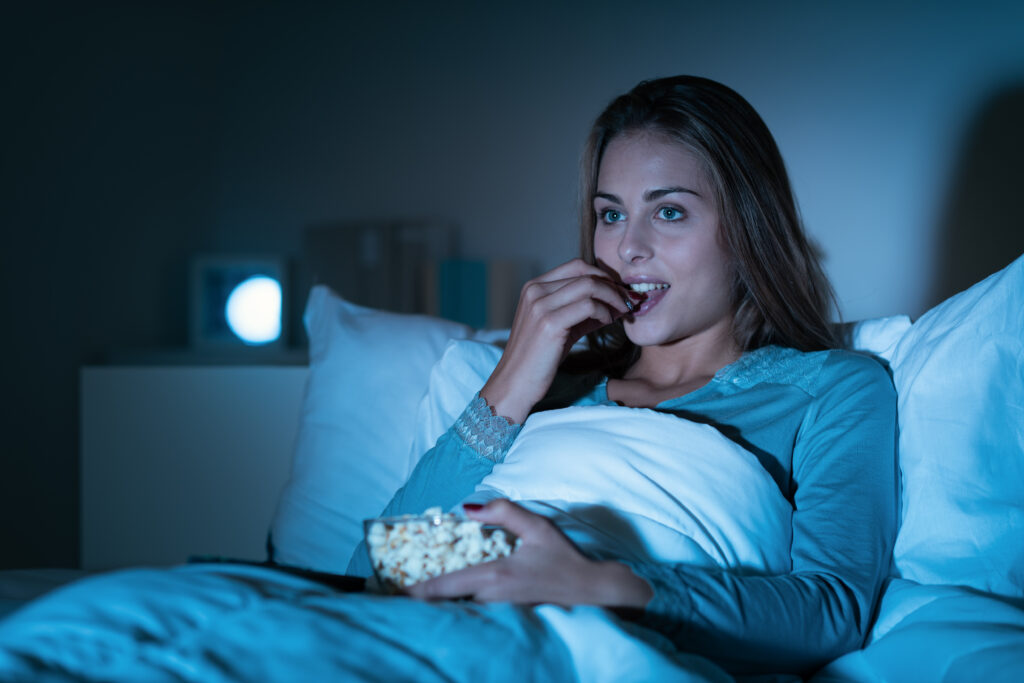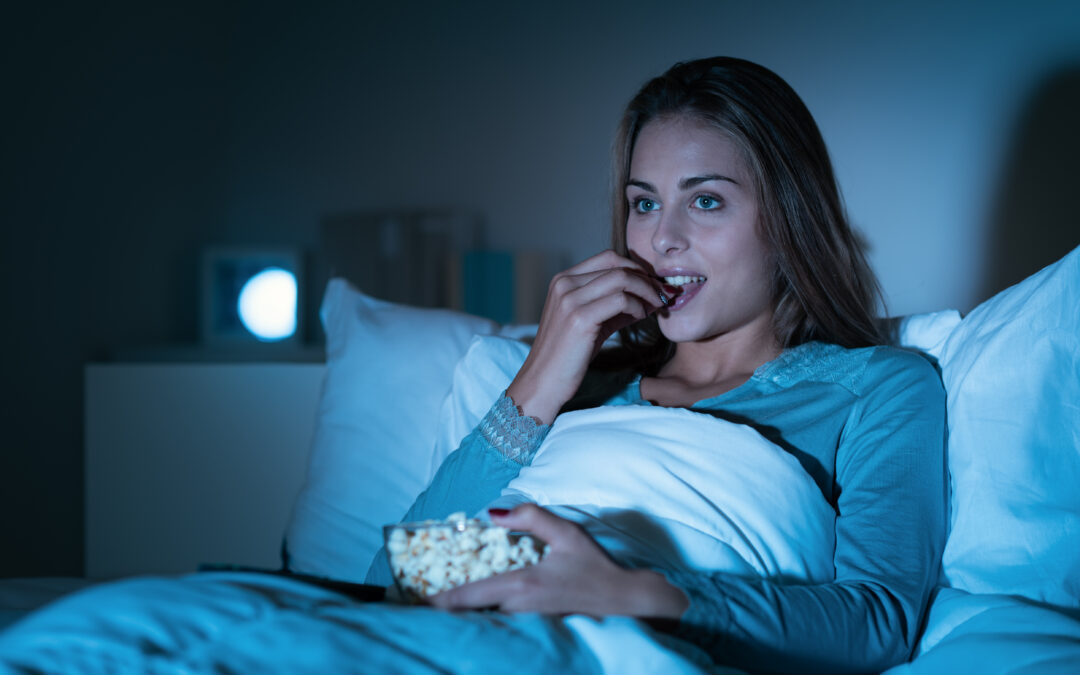
Healthy Bedtime Foods
Eating before sleep? Midnight snack, late-night munchies, or nocturnal nosh, it’s safe to say we’ve all been there a time or two. It’s nearly time for bed, but your stomach is saying, “I need just a little something.” So you head to the kitchen in search of a snack to “tide you over until morning.” Before you dive into the fridge or cupboards, stop to have some water or sip some herbal tea. You might simply be thirsty.
Eating before bed and sleep are not always good bedfellows. Studies clearly show that regular late-night snacking increases the chance of weight gain, obesity, and cardiometabolic diseases. Not only that: what you decide to eat could disrupt the quality of your sleep, or help you get a good night’s rest. If you really must indulge in eating before sleep, choose the type of bedtime snacks to help you sleep, not keep you up at night.
The Dos: Bedtime Snacks to Help You Sleep
Healthy bedtime foods tend to be small, low calorie, and nutrient-dense.
Tart cherries contain melatonin, a key hormone for regulating sleep. Eating fresh or dried tart cherries or drinking a small glass of cherry juice increases melatonin levels in the body, which helps you get to sleep a little easier.
Eating a handful of raw or dry-roasted and unsalted nuts like walnuts or almonds is a healthy bedtime food that’s full of melatonin, protein, and magnesium that naturally promote restful sleep.
Low serotonin levels may cause insomnia. Choose kiwifruit, which is rich in antioxidants, carotenoids, folate, and vitamins C and E. Kiwifruit also contains the sleep-enhancing hormone serotonin, which is important to rapid eye movement (REM) sleep.
Speaking of serotonin, a bowl of low-sugar cereal with skim milk is a great choice before bedtime. Milk contains the amino acid tryptophan (turkey, anyone?), which plays a part in serotonin production.
Greek yogurt or low-sugar low-fat yogurt is packed with protein and healthy fats.
The Don’ts: Things Not to Eat at Night
Bad bedtime snacks might aggravate conditions like heartburn, indigestion, and acid reflux, making it hard to fall asleep. Here’s what to avoid drinking and eating before sleep.
Alcohol and caffeinated beverages are big disruptors of sleep. While a nightcap, glass of wine, or beer might help you relax and fall asleep, it won’t help you stay asleep. Skip the stimulant drinks like coffee and soda as caffeine makes it harder to fall asleep.
Ice cream is a favorite late-night indulgence for many, but it’s probably the number one culprit on things not to eat at night. Ice cream is high in sugar, which can lead to spikes in insulin levels that can make it difficult to fall asleep. Late-night ice cream can also lead to increased levels of the stress hormone cortisol, so save it for earlier in the day or evening.
Acidic foods and juices such as citrus and tomatoes can lead to heartburn, a very-uncomfortable symptom of acid reflux that is guaranteed to keep you up too late.
Chocolate is another late-night favorite. All chocolate bars have varying amounts of caffeine and sugar that can disrupt your ability to get a good night’s sleep. The darker the chocolate, the higher the level of caffeine.
Spicy foods and snacks have thermogenic properties that rev up your metabolism and could also trigger heartburn or indigestion. The body naturally cools down as part of preparing for rest, so leave spicy things for when you need a daytime boost of burn.
The foods and drinks listed here are just the beginning of the list of healthy bedtime foods and things not to eat at night. We’ve added some helpful links below just in case the dos on our list can’t outweigh the don’ts. Check them out as you’re sure to find something to satisfy your cravings without sacrificing sleep. Happy snacking!
30 Best Healthy Late Night Snacks – Best Foods To Eat Before Bed
7 of the best healthy late night snacks to consider
20 Foods That Help You Sleep—And 20 to Avoid Before Bed


